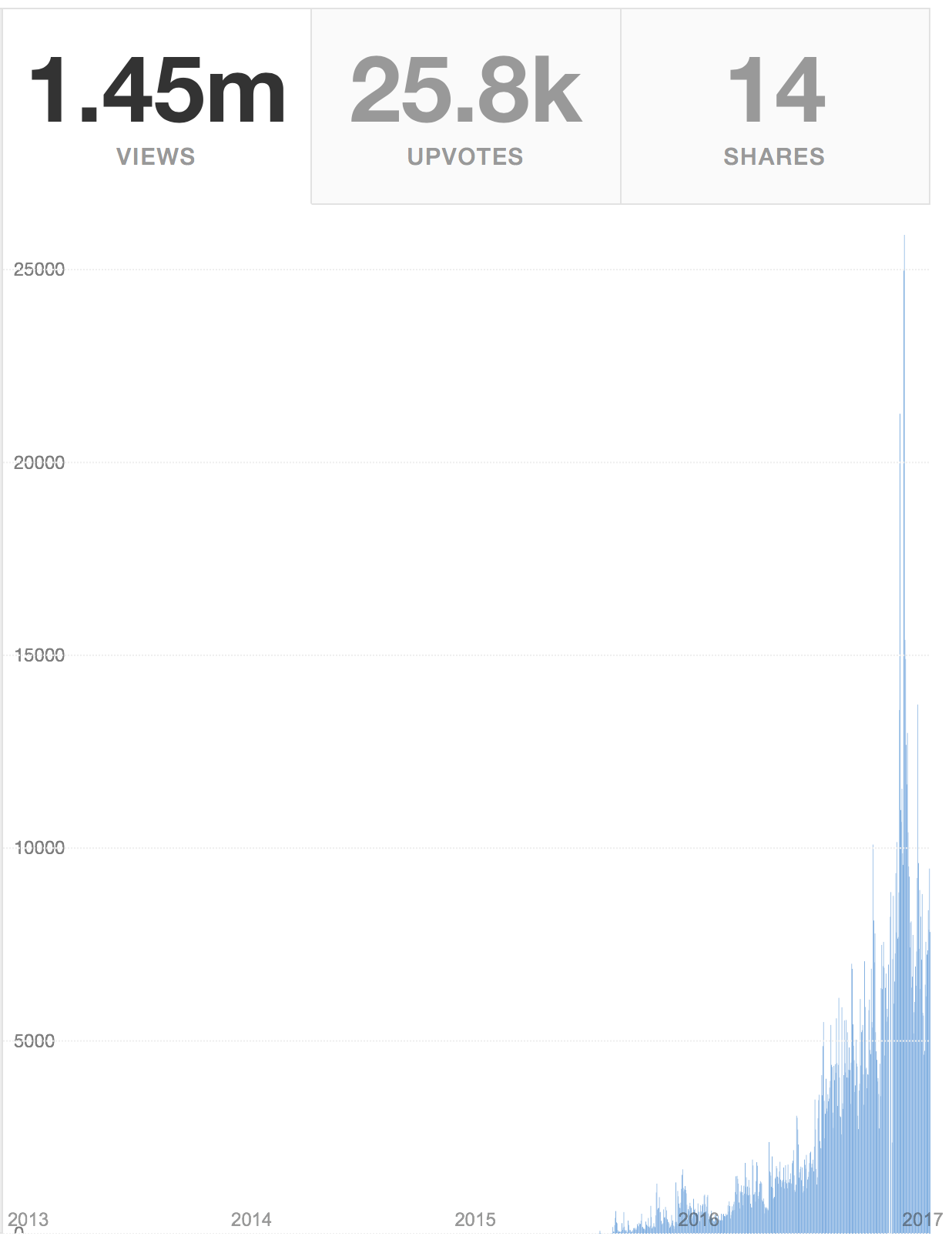Stand back everyone, I’ll handle this one. 🙂
The Sarakatsani are traditionally nomadic shepherds in Northern Greece and Bulgaria, who speak Greek. Their origins have excited interest, because the Vlachs are traditionally nomadic shepherds through the southern Balkans, who speak Aromanian, and there has been speculation about whether the two populations are related.
The most complete study of Saraktsan dialect I know of is Carsten Høeg’s PhD Thesis, Les Saracatsans: Une Tribu Nomade Grecque. I: Étude Linguistique. Paris: Edouard Champion. 1925. His fieldwork was done in 1922 in Papingo, near the Greek–Albanian border, but the also visited Macedonia and Thessaly, and thought that the Sarakatsan of all three areas was very similar.
Høeg, and almost all other scholars cited in Wikipedia, believe the Sarakatsani are not hellenised Vlachs. Their dialect has Aromanian loanwords to deal with pastoralism, and the words for “uncle” and “father”, but their dialect does not have any grammatical features that look like Aromanian. He contrasts their language with that of the Kopachars, a group of linguistically hellenised Vlachs, whose language has much clearer signs of Aromanian influence.
At the end of the book, Høeg gives a list of loanwords. The largest list is Latin and Italian, and there are not many surprises there. There’s more Slavic and Albanian than I recognised, but as I found in exchanges with Dimitra Triantafyllidou, that applies to Northern Greek in general. There’s about as much Aromanian as Slavic, and the list is not overwhelming:
- αλαμπούμπουρδα, βετούλι, βίτσα, βλάχος, γκαβός, γκέσο, γκόρμπο, γκουργκόλια, γκουργκούτσια, γριμπός, ζούρα, κανούτο, κάτσινο, κλιάστρα, κόλλα, κρεπιτούρα, λάλας, μανάρι, μηλιόρα, μίγγος, μοαμπέτι, μούργκος, μπάλιο, μπάρτζο, μπάτσος, μπούκα, μπουμπούκι, μπουμπουνίζει, μπουσουλώ, μπούτινα, μπράσκα, σαρμανίτσα, σιγκούνι, στουρνάρι, τάτας, τσιντζιά, τσιπούνι (?), φλέτουρα, φλετουρώ, φλώρο, χαζός. pell-mell, one year old goat, rod, Vlach, blind, chalk, black, pebbles/potatoes, ?, curved, stain, grey goat, orange-faced sheep, colostrum, sheet of paper, boulder, uncle, lamb fattened for slaughter, one year old ewe, ?, entertainment (< moabete < Turkish mühabbet), dark grey, animal with a white spot an a black head, goat with a ruddy brown head, slap?, jaw, bud, thunder, crawl, butter churn, toad, cradle, woollen coat, flint, daddy, ?, overcoat, butterfly, to fly, white, stupid.
- Høeg does not define all of these in Vol I which I have, and I was helped out by http://karditsas.blogspot.com.au…
Høeg regards Sarakatsan as an independent branch of Northern Greek dialect, not closely related to the dialects of their sedentary neighbours—which therefore proved to him that they were not “recently embarrassed villagers”, as the Sarakatsani themselves preferred to believe, but longtime nomads.
EDIT:
Høeg does list 13 particularities of Sarakatsan:
- Consonants softening before s, l: Kostakis > Kushtaks
- Deletion of /v/ in provato “sheep”: prota, pratina
- Stressed /e/ becomes /æ/
- Use of tun as a nominative clitic: pu tun ini (Standard Greek πού ’ν’ τος)
- Pronouns aftinus, ikyos (Standard αυτός, εκείνος)
- ña, miña (Standard μια)
- θana (Standard θα)
- Columnar stress in verbs: ˈkaθumasti (Standard καθόμαστε)
- 1st sg verb ending in -ú (buˈru, Standard μπορώ)
- Conjugation aniw, anijs, anij, animi, aniti, anin (Standard ανοίγω, ανοίγεις, ανοίγει, ανοίγουμε, ανοίγετε, ανοίγουν)
- Passive of contracted verbs –jomi, -josi, -joti, -jomasti, -josti, -jondi; e.g. aɣapjoti (Standard αγαπιέται)
- 2nd pl imperfect and aorist active –itan, e.g. ˈmaθitan (Standard μάθατε)
- 1st sɡ imperfect passive –man, 2nd –san: ˈkaθuman, ˈkaθusan (Standard καθόμασταν, καθόσασταν)
One further peculiarity is accenting of the vocative particle o, and the lack of accent on the following name: ώ μανα, ώ Κωστα “Oh mother, Oh Kostas”.
I didn’t find any clear archaisms.
